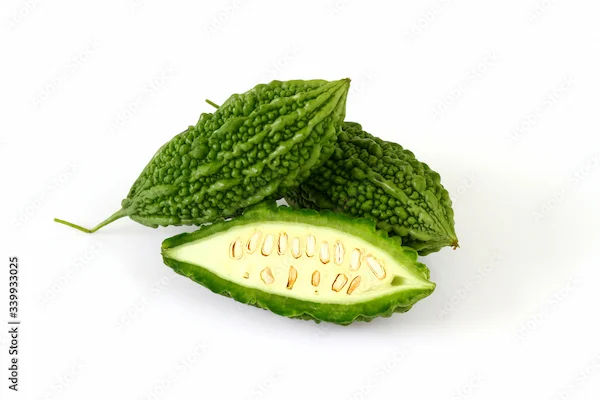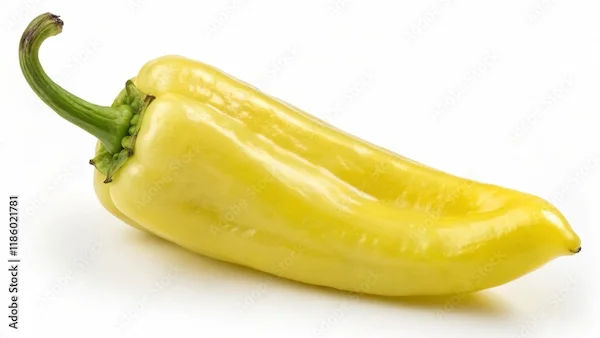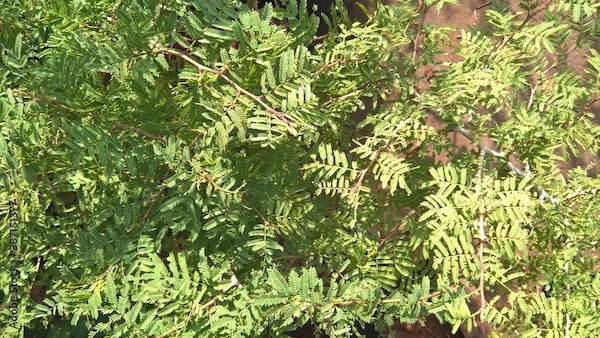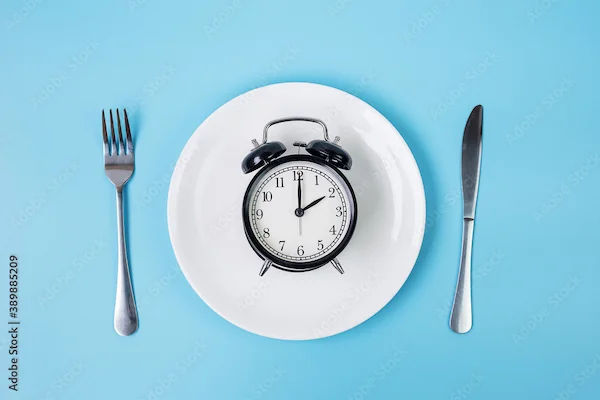Collagen-Boosting Fruits to Include in Diet
Discover the best collagen-boosting fruits to add to your diet! Learn how berries, citrus, tropical fruits, and more can naturally support your body's collagen production for healthier skin, hair, and joints.

Written by
Last updated on 21st Jul, 2025
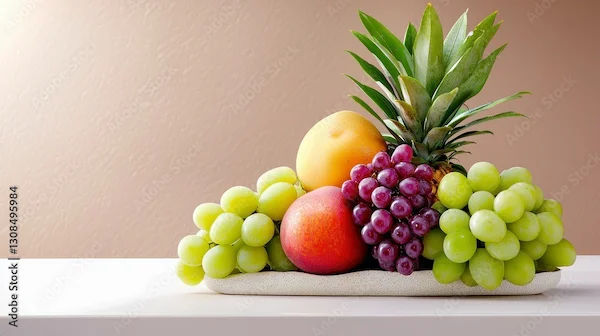
Introduction
Collagen is the most abundant protein in our body, playing a crucial role in maintaining skin elasticity, joint health, and strong hair and nails. As we age, collagen production naturally declines, leading to wrinkles, joint pain, and weaker tissues. Fortunately, certain fruits can help boost collagen production and keep you looking and feeling youthful.
In this article, we’ll explore the best collagen-boosting fruits, how they work, and simple ways to include them in your diet.
What is Collagen and Why is it Important?
Collagen is a structural protein that acts like a "glue" holding our body together. It provides strength and elasticity to:
Skin – Prevents sagging and wrinkles.
Joints – Keeps them flexible and painfree.
Bones & Muscles – Supports strength and mobility.
Hair & Nails – Promotes growth and reduces brittleness.
Since our body’s collagen production slows down after 25, eating collagen-rich foods can help maintain healthy levels.
Top Collagen-Boosting Fruits
Certain fruits contain vitamins, antioxidants, and amino acids that stimulate collagen production. Here are the best ones to include in your diet:
1. Citrus Fruits (Oranges, Lemons, Grapefruits)
Why? Rich in vitamin C, which is essential for collagen synthesis.
Benefits: Helps repair skin, reduces wrinkles, and strengthens immunity.
How to Eat: Have a glass of fresh orange juice, add lemon to water, or snack on grapefruit.
2. Berries (Strawberries, Blueberries, Raspberries, Blackberries)
Why? Packed with vitamin C and antioxidants that fight free radicals (which break down collagen).
Benefits: Protects skin from sun damage, improves elasticity, and slows aging.
How to Eat: Add to smoothies, yogurt, or enjoy as a snack.
3. Kiwi
Why? Contains high vitamin C and copper, both crucial for collagen formation.
Benefits: Promotes glowing skin, reduces dark spots, and aids digestion.
How to Eat: Slice and eat fresh, blend into smoothies, or add to fruit salads.
4. Papaya
Why? Loaded with vitamin C, vitamin A, and enzymes (papain) that support collagen.
Benefits: Reduces inflammation, brightens skin, and improves digestion.
How to Eat: Eat ripe papaya as is or blend into a tropical smoothie.
5. Mangoes
Why? High in vitamin A and antioxidants, which help regenerate collagen.
Benefits: Keeps skin hydrated, reduces acne, and boosts immunity.
How to Eat: Enjoy fresh, in smoothies, or as a topping for yogurt.
6. Pineapple
Why? Contains bromelain, an enzyme that reduces inflammation and supports collagen repair.
Benefits: Helps heal skin, reduces puffiness, and aids digestion.
How to Eat: Eat fresh, blend into juices, or add to salads.
7. Guava
Why? One of the richest sources of vitamin C (even more than oranges!).
Benefits: Strengthens skin barrier, prevents premature aging, and boosts immunity.
How to Eat: Eat raw, blend into juices, or sprinkle with chaat masala for a tangy snack.
8. Pomegranate
Why? Packed with antioxidants and punicalagins, which protect collagen from damage.
Benefits: Reduces fine lines, improves skin texture, and supports heart health.
How to Eat: Sprinkle seeds on salads, blend into juice, or eat fresh.
Consult a Top Dermatology doctor
How Do These Fruits Boost Collagen?
These fruits work in different ways to enhance collagen production:
Vitamin C – Essential for collagen synthesis and skin repair.
Antioxidants – Protect existing collagen from damage caused by sun, pollution, and stress.
Enzymes (like bromelain & papain) – Help break down proteins for better collagen absorption.
Minerals (copper, zinc) – Support collagen formation and skin health.
Additional Tips to Boost Collagen Naturally
While eating collagen boosting fruits is great, combining them with these habits can maximize benefits:
1. Stay Hydrated
Water keeps skin plump and helps transport nutrients needed for collagen production.
2. Eat Protein Rich Foods
Collagen is made from amino acids found in eggs, fish, chicken, and beans.
3. Limit Sugar & Processed Foods
Excess sugar damages collagen through a process called glycation, leading to wrinkles.
4. Protect Skin from Sun Damage
UV rays break down collagen—always use sunscreen (SPF 30+).
5. Consider Collagen Supplements (if needed)
If diet alone isn’t enough, consult a doctor about collagen peptides or supplements.
When to See a Doctor?
If you notice:
Severe joint pain or stiffness
Excessive wrinkles or skin sagging at a young age
Slow wound healing
It may indicate low collagen levels or other health issues. You can consult a nutritionist or dermatologist on Apollo 24|7 for personalized advice.
Final Thoughts
Adding collagen-boosting fruits to your diet is an easy and delicious way to maintain youthful skin, strong joints, and overall health. By eating a mix of citrus fruits, berries, kiwi, and tropical fruits daily, you can naturally support your body’s collagen production.
Remember, consistency is key—along with a balanced diet, hydration, and sun protection, these fruits can help you age gracefully and stay healthy!
Want expert guidance on collagenrich diets? Book a consultation with a nutritionist on Apollo 24|7 today!
Consult a Top Dermatology doctor
Consult a Top Dermatology doctor

Dr. Hemalatha Naidu M
Dermatologist
5 Years • MBBS, MD (Dermatology)
Bangalore
Apollo 24|7 Clinic - Karnataka, Bangalore
(275+ Patients)

Dr Ritika Shanmugam
Dermatologist
9 Years • MBBS, MD (Dermatology, venereology, Leprosy)
Bangalore
Apollo 24|7 Clinic - Karnataka, Bangalore

Dr. K Chetana
Dermatologist
10 Years • MBBS, MD ( Dermatology)
Hyderabad
Apollo 24|7 Clinic, Hyderabad
Dr. Mayuri Jain
Dermatologist
11 Years • MBBS, MD Dermatology , Venereology & Leprosy
Delhi
Dr Mayuri Jain Clinic, Delhi
Dr. Kavitha Killaparthy
Dermatologist
23 Years • MBBS,DIPLOMA(DERMATOLOGY,VENEREOLOGY,LEPROSY)
Hyderabad
JDS Skin & Hair Clinic, Hyderabad
Consult a Top Dermatology doctor

Dr. Hemalatha Naidu M
Dermatologist
5 Years • MBBS, MD (Dermatology)
Bangalore
Apollo 24|7 Clinic - Karnataka, Bangalore
(275+ Patients)

Dr Ritika Shanmugam
Dermatologist
9 Years • MBBS, MD (Dermatology, venereology, Leprosy)
Bangalore
Apollo 24|7 Clinic - Karnataka, Bangalore

Dr. K Chetana
Dermatologist
10 Years • MBBS, MD ( Dermatology)
Hyderabad
Apollo 24|7 Clinic, Hyderabad
Dr. Mayuri Jain
Dermatologist
11 Years • MBBS, MD Dermatology , Venereology & Leprosy
Delhi
Dr Mayuri Jain Clinic, Delhi
Dr. Kavitha Killaparthy
Dermatologist
23 Years • MBBS,DIPLOMA(DERMATOLOGY,VENEREOLOGY,LEPROSY)
Hyderabad
JDS Skin & Hair Clinic, Hyderabad
